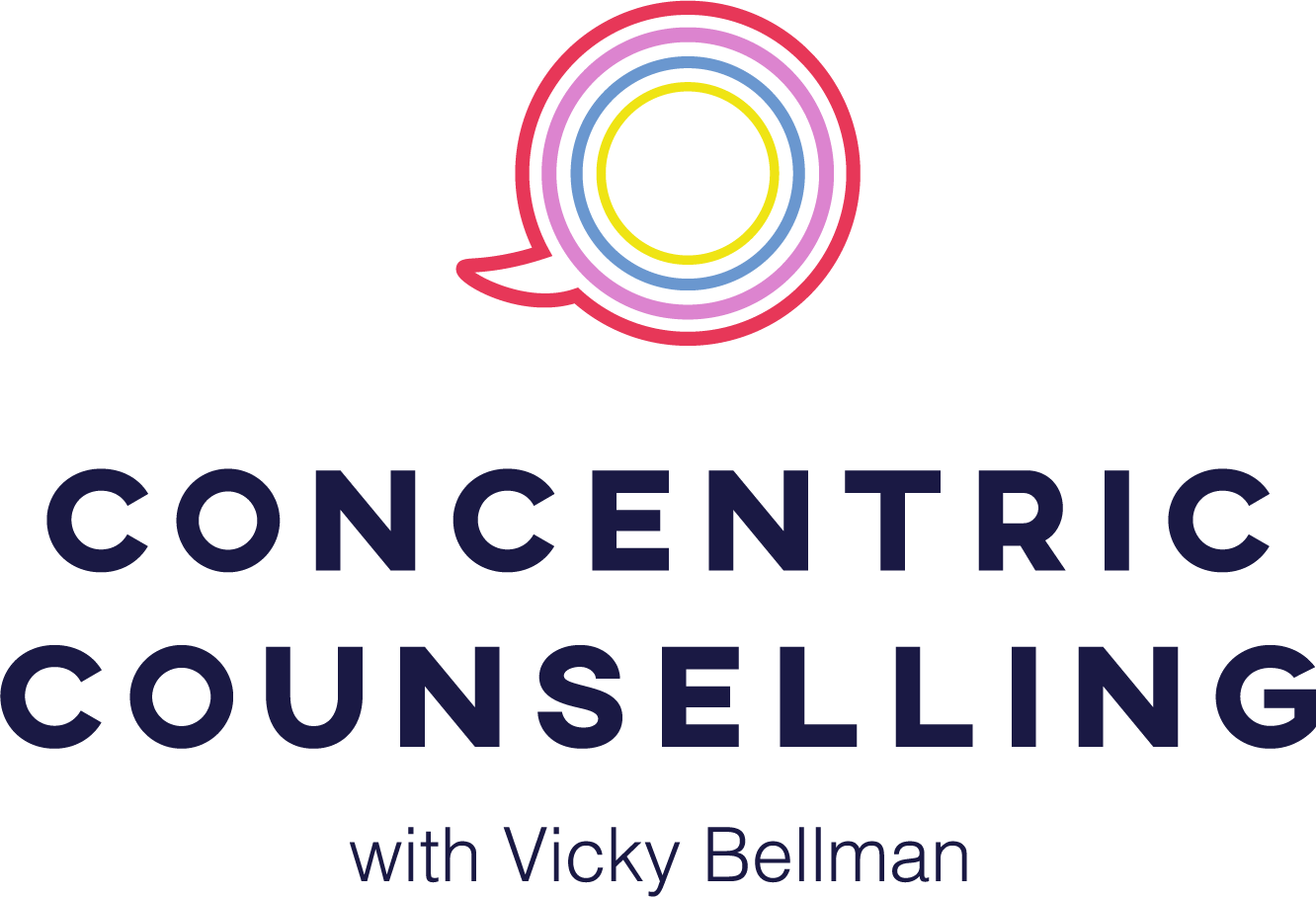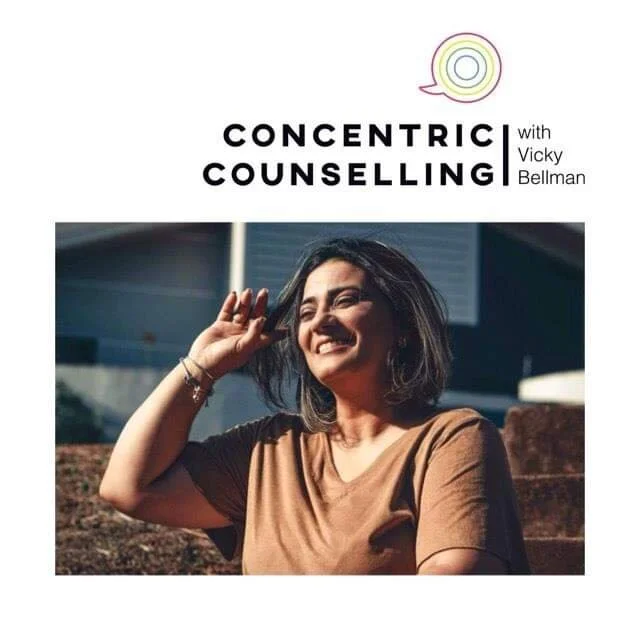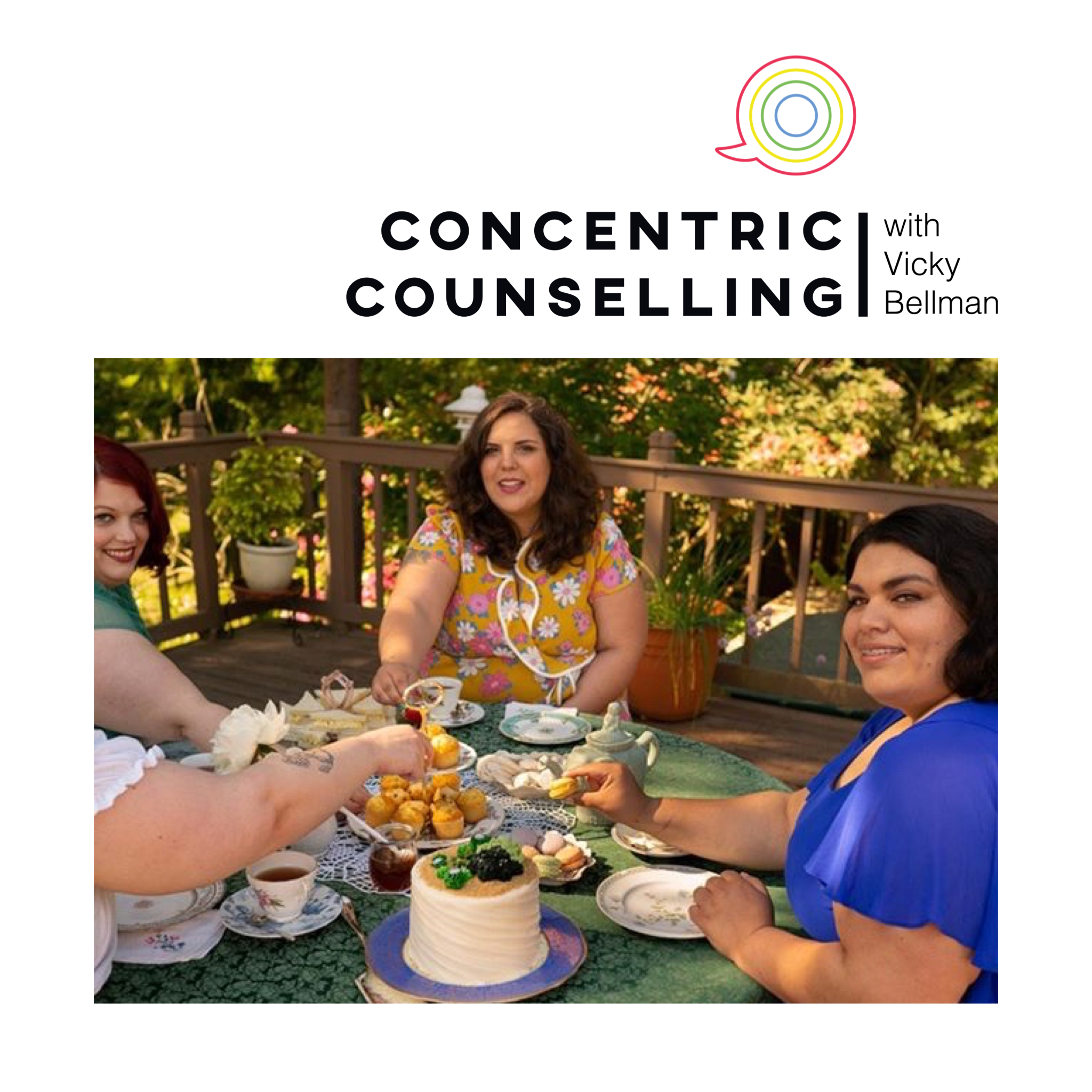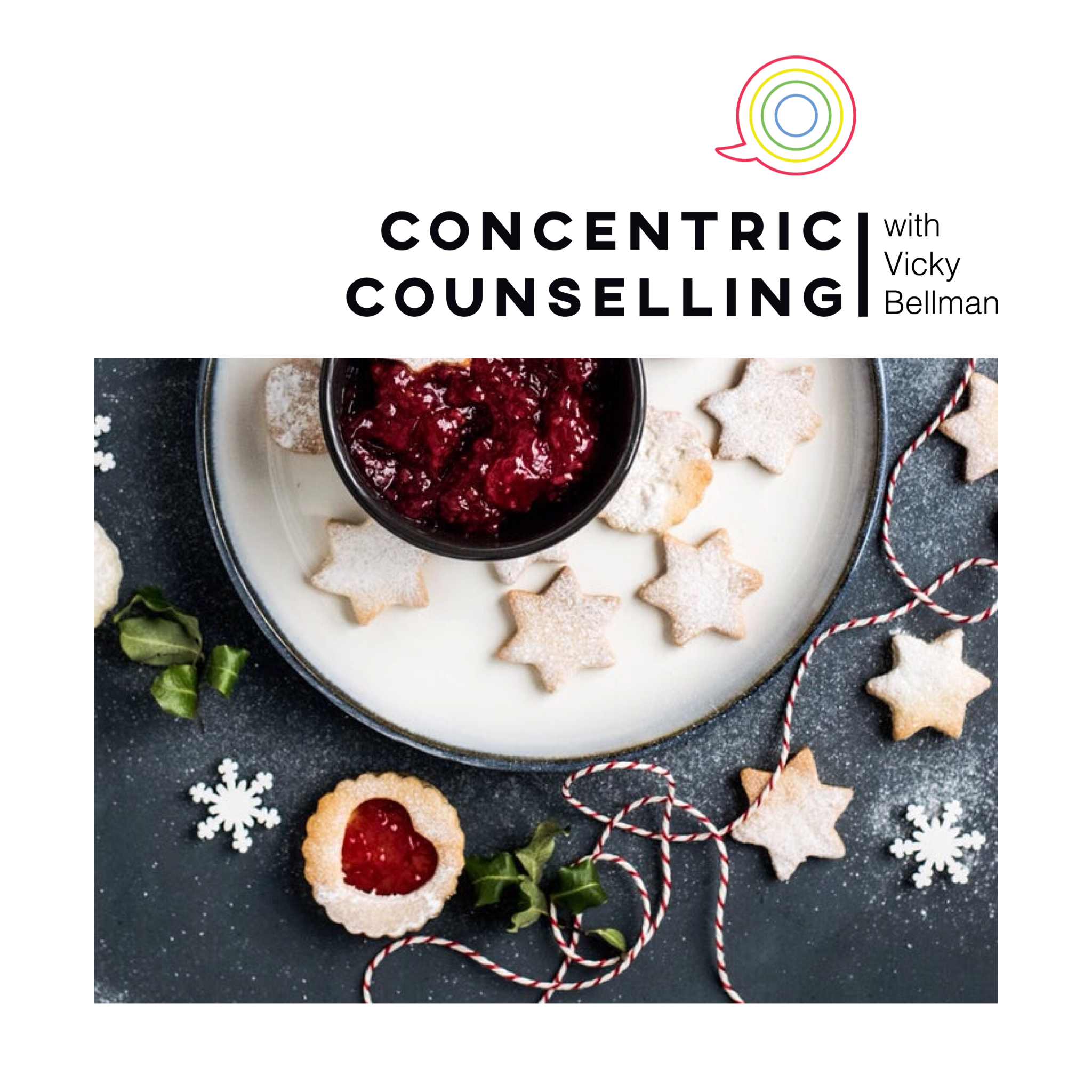I often meet clients when they're in a particular spot... they’ve turned their back on intentional weight loss, knowing that going back into that way of life will only cause harm and open them up to risk. At the same time, they don't know how to transition into a space of body acceptance, knowing that there will also be loss in that decision.
Read Morewelcome to the concentric journal
The relentless treadmill of diet resolutions is about to crank itself up again, at the start of the new year. After all the festive food adverts, Boxing Day onwards will see the focus shift instead to weight loss programmes, diet foods and new ‘healthy eating’ cookbooks, sold to you by slim people. It is a predictable, exhausting cycle, which perpetuates unhealthy ‘all or nothing’ thinking, and punishing and unsustainable restriction.
Read More…have been sold the idea, and bought it, that a diet represents the magic key that will unlock all their potential - a fulfilling job, a satisfying relationship, an active social life, a life enjoying exercise, dancing around on sun-drenched jetties in a red dress.
Read MoreIn an experience of disordered eating or eating disorders, food gets reduced to the bare minumum of what it represents - energy units. Counting and controlling, we forget all the other reasons why we eat. Recovery restores to us all the potential of food - all its wonderful satisfaction and nourishment - yes, physically, but also mentally, emotionally and spiritually.
Read MoreIn a constant state of food obsession, your interactions with others can be affected - feeling more tense, strained and full of friction. When energy intake is restricted and controlled, our relationships can be tested - scarcity creates irritability and snappiness. As the eating disorder attempts to distort and disconnect you from your own body, your relationships can feel distorted and lack connection as well.
Read MoreWhen I meet people struggling with a disordered relationship with food, whether or not they think are ‘sick enough’ to consider they have an eating disorder, one unifying issue is just how much time they have to devote to their relationship with food. Food obsession and intrusive, persistent thoughts can take up hours, days and months of life, until it becomes hard to focus on anything else…
Read MoreYesterday, I wrote about how recovery can help restore our sense of self, and today I want to talk about how recovery can restore… core wisdom…
Read MoreLet’s extract health from weight focus, and look at some real things that parents can do to support their child in navigating our diet focused culture, and develop a healthy relationship with food and body.
Read MoreFor Eating Disorder Awareness Week, with the themes 'come as you are' (US theme) and 'breaking down barriers' (UK theme), it's an opportunity for professionals to reflect on our practice, and ensure that they are really 'walking the walk'.
Read MoreWhen research shows that atypical anorexia is three times more prevalent than of sufferers have a higher BMI, we see that atypical anorexia is actually… typical.
Read MoreA new year sees another contribution to Fatventure mag - check it out here…
Read MoreThe concern in engaging with festive food is that we will become totally abandoned and we won’t know when or how to stop. Somewhere in the middle of that is a different way… permission to trust your body…
Read MoreI'm delighted to be a contributor to this ace new magazine, focusing on and featuring people of size who want to participate in an active lifestyle but don’t want to participate in restrictive and punitive ol’ diet culture!
Read More





















